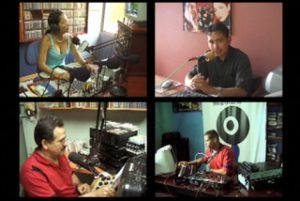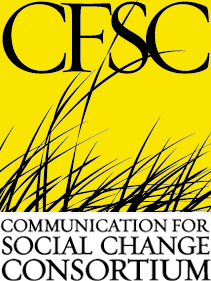Journalist Training ( Mali, Burkina faso)- Wateraid
Consortium staff worked with WaterAid in training journalists in Mali and Burkina Faso on water and sanitation issues. (2013)
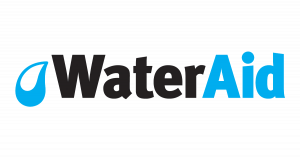
Communication Training (Manilla)- Asian Development Bank
In 2013, The Consortium developed a communication learning session for the external relations team (25 country offices) of the Asian Development Bank. Increasing understanding of communication for social change tools and methods, developing communication plans, monitoring and evaluation.
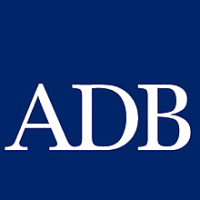
Global Communication Team – Learning workshop (NYC, USA) – UNDP
The Communication for Social Change Consortium (CFSC) team developed a learning workshop for the UNDP global communication team at his New York headquarters in preparation for UN Climate Change Summit on policy, advocacy and outreach Conversations learning materials. (2011).

Communication task force head for aids2031- UNAIDS
The Communication for Social Change Consortium (CFSC) conducted research on social networking habits of youth and how to better utilize technology to reach youth re: AIDS. Various community dialogues with young people (ages 13-21) were implemented in Mexico, Zambia, Europe, US, Senegal. The consortium served as communication task force head for aids2031, developing research initiative on evaluating social change communication, producing reports on social networking and communication recommendations for the future management of AIDS.
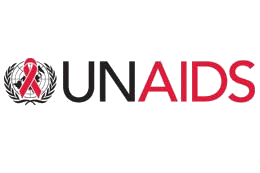
Public Dialogue Training ( South Africa) – Nelson Mandela Foundation
The Consortium supported management and staff of the Nelson Mandela Foundation (NMF) Dialogue Programme and associated Community Conversation (CC) facilitators to strengthen the evaluation of the Community Conversations. The Consortium engaged people involved with CCs on HIV/AIDS and related issues, but the evaluation methodology and learning sessions could be applied to community conversations or dialogues on any issue.
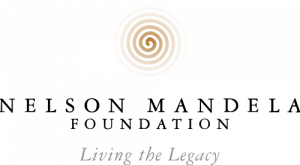
ICT and poverty
Communication for Social Change Consortium (CFSC), a pioneer in the use ICTs in the developing world, developed a resource guide for practitioners in development and information communication technology communities. It aimed to help bridge the “paradigm gap” by providing background information and a series of tools that can be used by practitioners to build a common understanding of the potential-and the limitations—of ICTs within the context of poverty-reduction strategies and comparable (national and sectoral) strategies with which they deal.
Voices of Magdalena
The Consortium produced a 35-minute video documentary on the community radio network in the Magdalena region of Colombia. It shows how poor and marginalized people caught in the violent and destructive confrontation between guerrilla and paramilitary forces use community radio. The documentary highlights the powerful role of communication for social change in the midst of conflict that caused enormous economic, political and social damage to the people living in the region.
